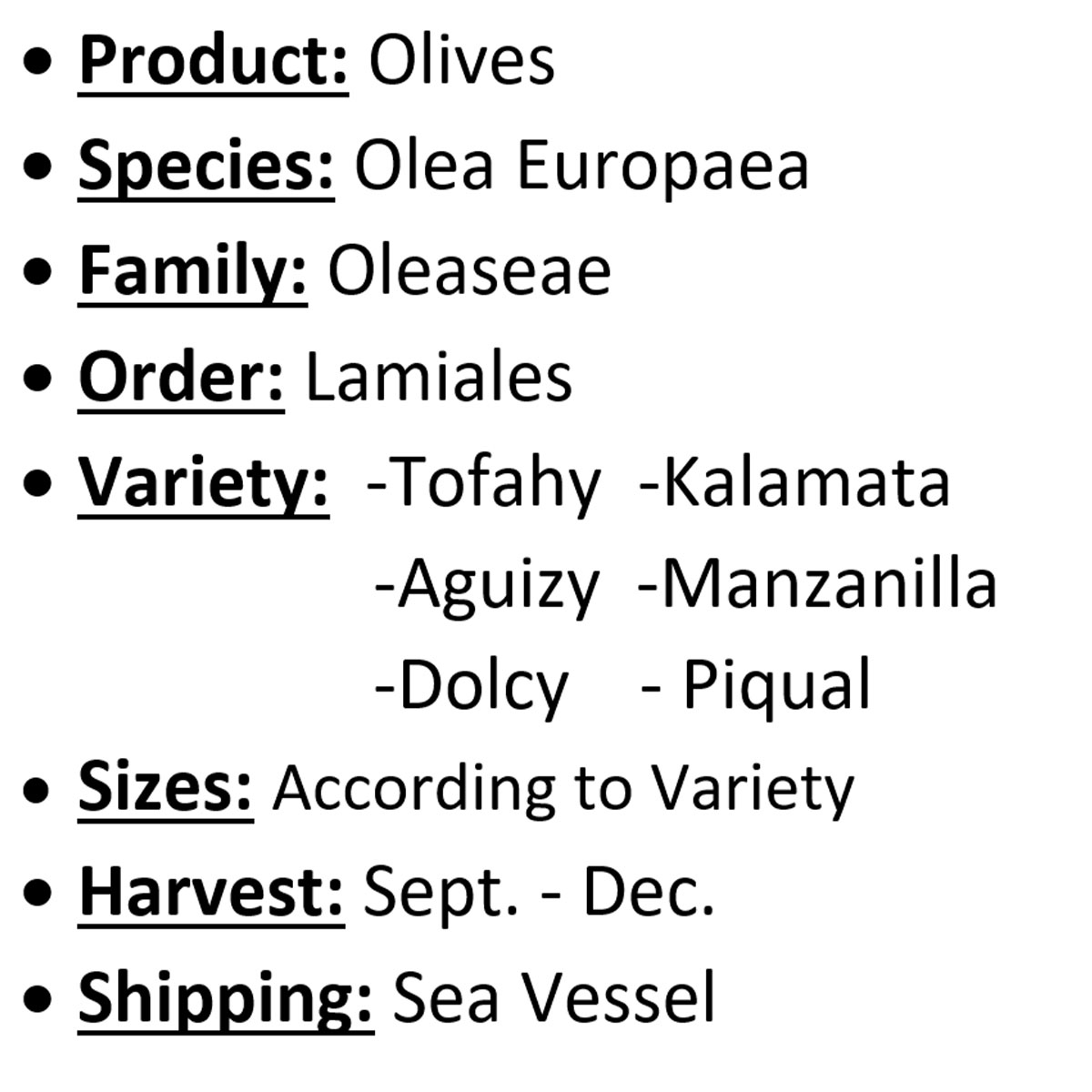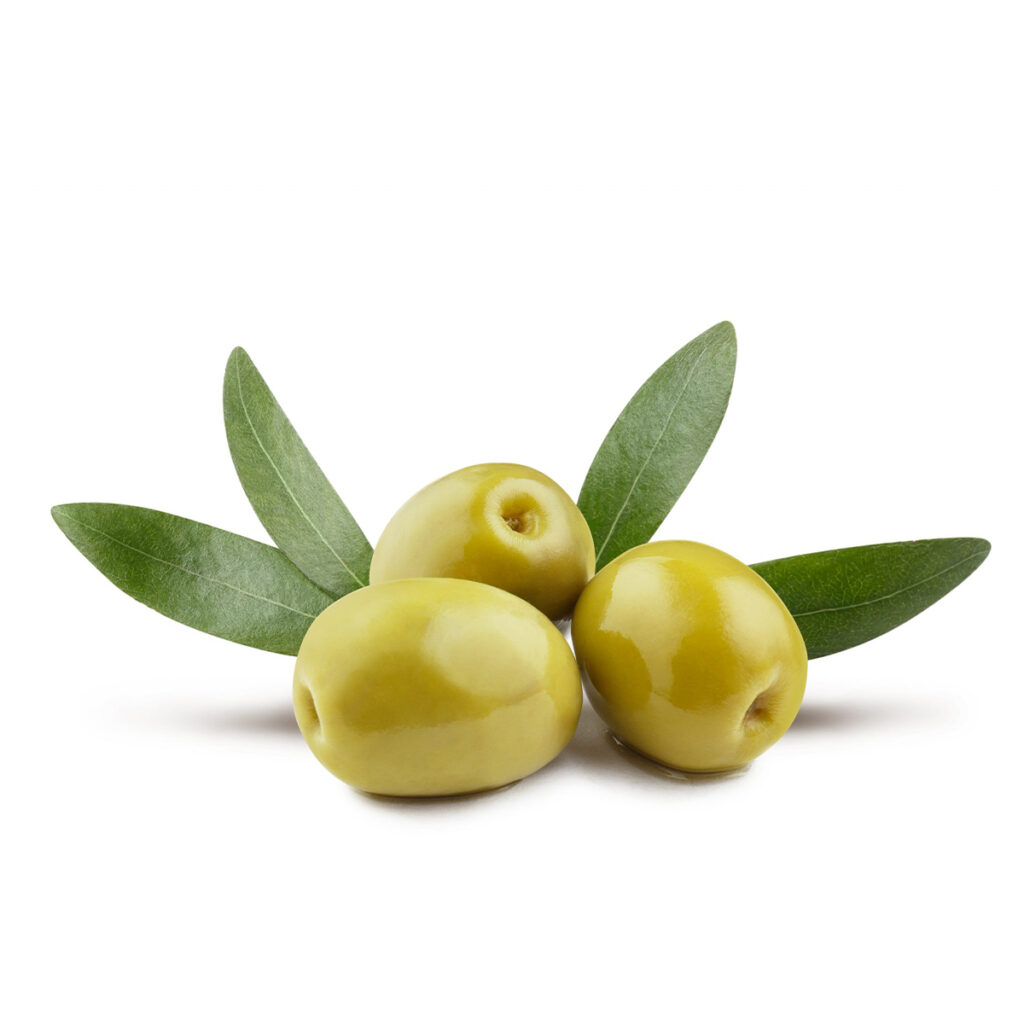

Within the past decade, Egypt has risen to the top of the list of olive producing countries around the world, overtaking Spain to achieve the top ranking as number one producer in 2020, with an astounding 690,000 tons of total table olive production. Although this impressive production value has since suffered significant losses due to detrimental weather conditions, the overall long-term outlook for the future of Egypt’s olive industry still remains bright regardless. Considering the competitive quality and favorable prices that Egypt is capable of providing to buyers around the world, there is little doubt about Egypt’s future role as a top ranked competitor in the global market.
Historically, the olive industry has persisted as an important part of life in Egypt since the ancient days of the pharaohs, spanning back more than 5,000 years. The olive tree has played a crucial role in the development of Egyptian civilization and the development of surrounding civilizations in the Mediterranean and Middle Eastern region as well. The olive industry has stood as an economic pillar amongst these ancient civilizations and has contributed massive financial, industrial, and nutritional benefits to the people living in them.
Olives are an exceptionally valuable and unique cultivar, offering a wide range of uses and benefits ranging from gourmet culinary dishes to health food supplements to cosmetic product applications. The possibilities are limitless. There are so many great and desirable characteristics offered by the olive, it is no wonder why the industry has flourished so spectacularly to become what it is today.
